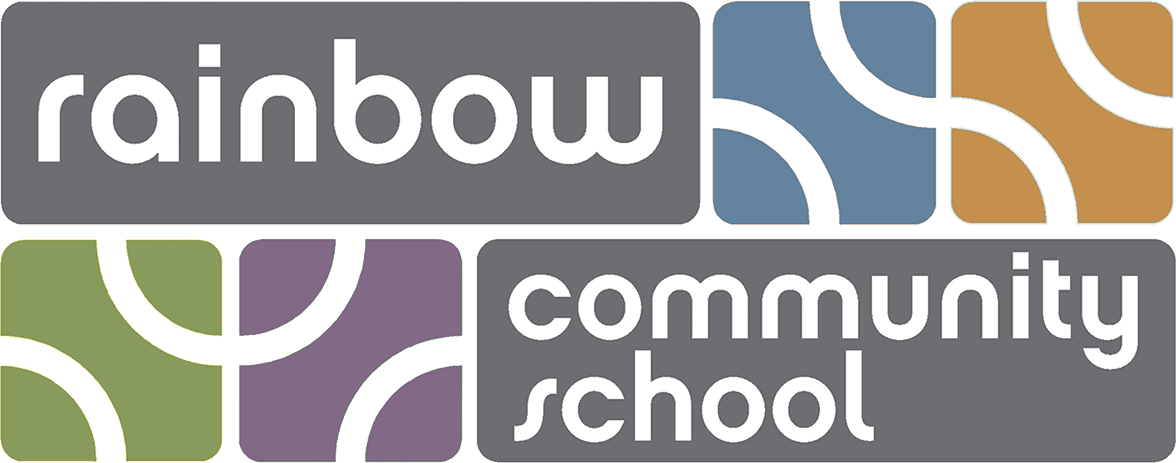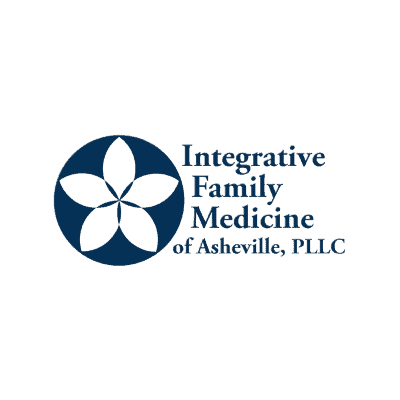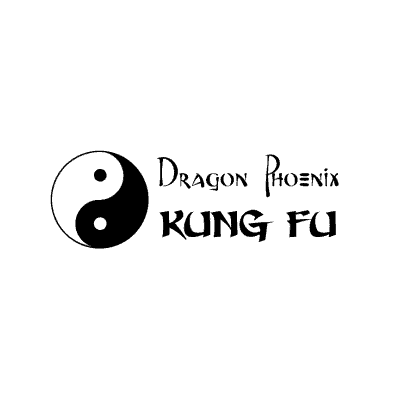Rainbow Community School had a special guest this week!
Best-selling author and Ph.D., Lisa Miller, toured our school. Lisa authored The Spiritual Child and is also the head of clinical psychology at Columbia University Teachers College. She has conducted and compiled decades of research on spiritual development in children and teens. Her research specifically quantified the effects of healthy spiritual development on mental health, resilience and thriving and provided empirical evidence that children are naturally spiritual beings. Her book also serves as a resource for parents as they navigate the important work of raising spiritual children.
Lisa is currently heading up a new project called the Collaborative for Spiritual Development. This work is aiming to develop resources for educators who wish to nurture their students’ spiritual capacities. Lisa became aware of Rainbow’s 40-year history of embracing a secular spiritual curriculum and as you learned in our Executive Director’s video, she wanted to find out more about how Rainbow is doing just that! We are hoping that her visit will yield new resources for a wide range of educators working to nurture the spiritual identities of their students.

The commitment to this work is outwardly palpable among Rainbow’s staff and faculty and as a result, the spiritual curriculum is woven into the daily rhythm of each classroom.
The RCS spiritual curriculum has four primary aspects under which all its goals and objectives fall:
- Mystery and Contemplation
- Spiritual Virtues
- Ceremony and Celebration
- World Traditions.
Often, a centering practice is developed with one specific aspect in mind. Many Omega Middle School (OMS) centerings embrace theMystery and Contemplationaspect. These centerings welcome the unknown as a source of inspiration and wonder and are filled with questions, quotes or prompts that invite the students to seek deeper meaning and purpose through reflection. Just this morning, for example, Albert Einstein’s wise words were written on the whiteboard as a welcoming for each OMS student upon arrival.
“The important thing is not to stop questioning. Curiosity has its own reason for existing.”
One of the OMS classrooms has a special centering called The Philosopher’s Box. The intended purpose of this centering is to encourage this deep questioning.
To introduce this activity, ask the students what they know about the word “philosophy”, and/or if they know what the role of a philosopher is. Then share the etymology of the word “philosophy.” This word is Latin and Greek in origin and means to love knowledge: Philo=love, Sophia=knowledge. Follow by explaining that philosophy is the study of fundamental questions about the nature of existence, big ideas such as love, truth, beauty, and what it means to lead a fulfilling life.
At this point the teacher introduces the Philosopher’s Box. This is a physical box decorated with a bit of magic and whimsy or as you see fit.
Each student then writes down at least two philosophical “wonderings.” These are questions with no right or wrong answers.
Some examples for students may be:
- “Do you believe life exists on other planets?”
- “Is it important to always be 100% honest and truthful at all times (why or why not?)”
- “Do you believe it’s possible to predict the future?”
- “If you could have the abilities of one animal, which animal would you choose and why (i.e. to fly like a bird or to breath underwater like a fish)?
After giving specific examples, the students are asked to take the next few moments to reflect upon the kinds of open-ended questions they wonder about, and then place their questions in the box. From here there are many options for discussion. The teacher can pick a question at random from the box, and have students take turns answering. Or, students can pair up and discuss their answers with each other. Students and teachers can add to the box throughout the year – for example, when a good “wondering” or “what if?” question comes up during class discussion.
This centering is intended to provide a healthy and intentional space where learners can feel safe and supported as they ponder the “big questions.” Centerings like these help to bring a sense of meaning and purpose into their lives. Research suggests that having a stronger sense of purpose can make a significant difference in our lives. In fact, Lisa Miller’s research, link spiritual purpose to improved health, well-being, and a more meaningful and successful life.
Centerings like these connect our students to something greater than themselves- to something deeply spiritual.








